|
This account is based on two sources: Alex’s memory of a mysteriously retracted story from a major music news outlet (help me find it, Reddit!), and a 2-minute video clip from the Sun Kil Moon website. This story is reconstructed to the best of one man’s ability.
Please note: Mark Kozelek, a key character in this story, was credibly accused of sexual misconduct by three different women in 2020.
On the night of Jan. 14, 2016, Mark Kozelek and his band Sun Kil Moon played the Regent Theater in downtown Los Angeles. Standing near the front of the audience was a fan named Phoebe Bridgers.
As the band neared the end of their encore, Kozelek heard a request from the crowd: “You Missed My Heart,” a solo song he’d released a few years earlier. Sorry, he told the fan, I don’t remember all the words to that one. No problem, the fan said. I can sing it.
0 Comments
Every month, the five members of Flip Rushmore will tell the world ? what we're currently listening to. If there's something you think we should check out, email us at flip rushmore @ gmail dot com or leave a comment below. Hayley Williams, "Over Those Hills" — It's been a long time since I've listened to a new album all the way through ... and then started it from Track 1 again. Williams—who is best known for her pop/rock work with Paramore and the B.O.B. hit "Airplanes"--put out a great record last year, and followed it with Flowers for Vases/Descansos this month. She plays all the instruments (easy hook for me) and tells some memorable stories ("Trigger," "Inordinary"). The song "Over These Hills" is part of a strong middle section on the album that borrows a little bit of Lana, a little bit of La La Land, and revolves around a lick that will probably get it some decent play on AAA radio. (Alex)
Record Time is a recurring feature written by members of Flip Rushmore. This one comes courtesy of Mike Green. Comment with your favorite memories of Moving Pictures at the bottom of the story, and check out Flip Rushmore's latest release on Spotify.
Growing up can be a time of contrasts. You desperately want to fit in, but also feel the need to express your individuality, find your own path and stick to your guns — or at least, a gun you’ve decided is worth sticking to. When I was around 14, I befriended an eclectic fellow who was the best person I knew at forging their own path (wearing bright green and orange corduroy pants to middle school in the year 2007 earns you that “best of” title, in my opinion). He encouraged me to check out a Canadian rock trio named Rush, who I was only familiar with thanks to Guitar Hero and Rock Band. He burned me a few tracks onto a CD, and I was hooked — these guys were pretty cool! Record Time: Green Day's 'American Idiot' was one of the greatest surprises in modern music history2/8/2021
Record Time is a recurring feature written by Flip Rushmore's Alex Smith. Comment with your favorite memories of American Idiot at the bottom of the story, and check out Flip Rushmore's latest release on Spotify.
Ten years is typically plenty of time for an artist's pop-culture moment to come and go. The Beatles put out albums for seven years before breaking up. Nirvana only made it two and a half years from Nevermind to Kurt Cobain's death. We got one album, total, from Lauryn Hill. Those fortunate enough to make a longer run usually coast by on less-than-essential work by the time they finish their first decade in the spotlight. Only truly special artists are able to bridge the gap and use new ideas to command the attention of two different generations. Any artist that makes two albums at least a decade apart that are both...
...is part of a very short list. You’ve got names like Bob Dylan (1965's Highway 61 Revisited to 1975's Blood on the Tracks), Kanye West (2003’s College Dropout and 2013’s Yeezus), and the Rolling Stones (1966's Aftermath to 1976's Some Girls). There are a handful of others out there, fringe or otherwise, but it’s an exclusive club. And there are zero American rock bands. Well... one, actually. 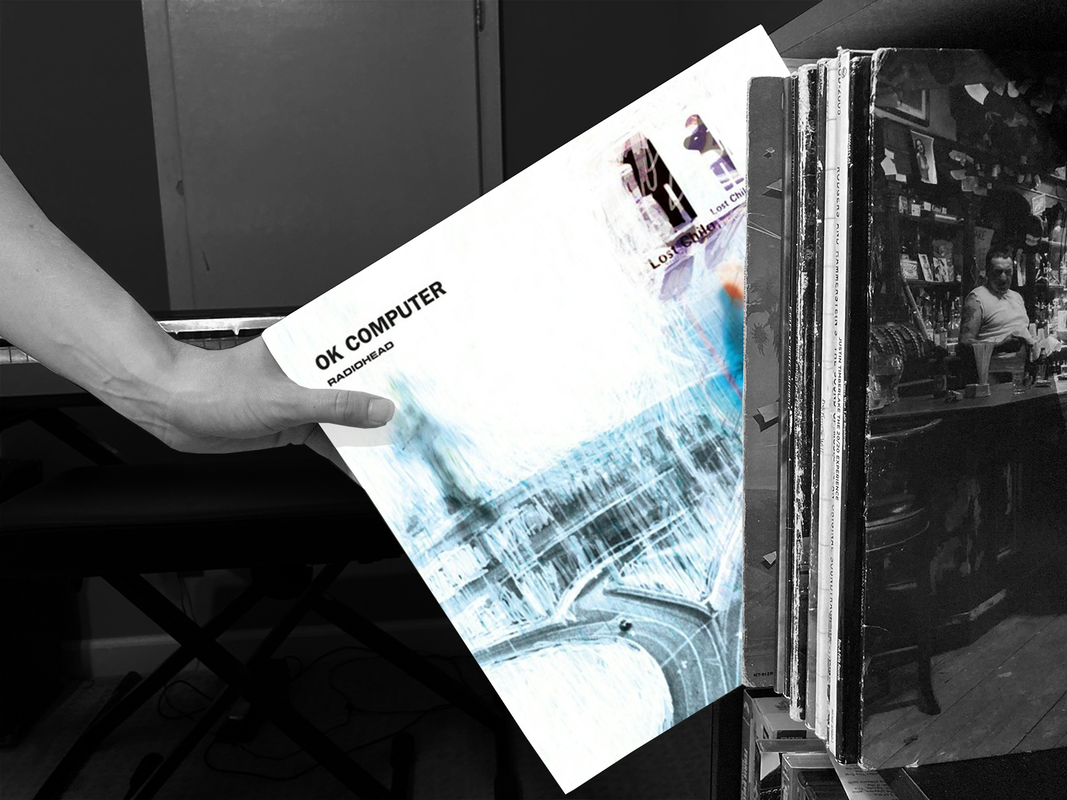
Record Time is a recurring feature written by Flip Rushmore's Alex Smith. This week, he interviewed fellow Flip Rushmore member Adam Szczepaniak. Comment with your favorite memories of OK Computer at the bottom of the story, and check out Flip Rushmore's latest release on Spotify.
Alex: People our age were late to OK Computer, because we were only, you know, in kindergarten when it came out. But what was your full introduction to it? Adam: It was on an episode of 'Cash Cab.' It was a question like, “What Radiohead album, you know, rocketed into the charts in 1997?” And the answer was OK Computer. And a few years went by, but I always had in the back of my head, "I should probably listen to that album." And I think what really kick-started it was a class that I took freshman year in college, History of Rock and Roll, and it specifically focused on 1970 to the present. There was a day where my teacher played "Paranoid Android." And he went through and analyzed it through the lens of his background, which was classical music. It was so fascinating to me. So that sparked me to get the album and actually listen to the whole thing. Record Time is a recurring feature written by Flip Rushmore's Alex Smith. Comment with your favorite memories of Get Rich or Die Tryin' at the bottom of the story, and check out Flip Rushmore's latest release on Spotify. On a weekday afternoon in a suburban Minneapolis dining room, a pair of elementary school kids tried to determine what 50 Cent was saying. “Go … Charlie?” We pressed the “back” button on the stereo over and over until we reached our conclusion. My friend’s older sister agreed. It was, “Go Charlie / it’s your birthday.” ... Curtis Jackson’s word in question, of course, was “shawty.” In our defense, he’s never won an award for clearest pronunciation. But, yeah, the word was foreign, just like almost all of the themes of “In da Club”: million-dollar contracts, ecstasy use, bringing 20 firearms into a place of business, etc. Nevertheless, it became a staple in my young life. Had any rapper made a pop record like 50? The production was killer. He delivered us to the choruses quickly. And those hooks were extremely hooky. “21 Questions.” “Wanksta.” “If I Can’t.” “P.I.M.P.” “Many Men (Wish Death Upon Me).” Virtually every other song on the record had a straightforward appeal to it. It didn’t trend as hardcore as Dr. Dre’s 1999 or Eminem’s first three albums. It was ear candy.
Record Time is a recurring feature written by Flip Rushmore's Alex Smith. Comment with your favorite memories of Begin to Hope at the bottom of the story, and check out Flip Rushmore's latest release on Spotify.
My first "serious" relationship began when I was 16. And some of my favorite memories from that time were long drives soundtracked by the stereo in her hand-me-down Ford Taurus. Her older sister had moved out east, but had thankfully left behind a CD case with dozens of pop and alternative albums that I’d never heard before. At the time, I was in the midst of an exhilarating Wikipedia-and-Limewire crash course in rock history. I was the oldest in my family, so the Internet served as the cool sibling who told you how good Kid A was (or, at the very least, gave you their copy of Enema of the State).
Record Time is a recurring feature written by Flip Rushmore's Alex Smith. Comment with your favorite memories of Hot Fuss at the bottom of the story, and check out Flip Rushmore's latest release on Spotify.
In music, the early bird does not usually get the worm. A scene takes time to manifest itself in the public consciousness, and the bands making the best music, in, say, 2001, are not the bands who are leading the charge in, say, 2004. That’s a lifetime for a certain “sound,” and The Killers' Hot Fuss is the natural grandchild or great-grandchild—with an extra touch of flamboyance from three time zones away—of The Strokes’ Is This It. The first demo of “Mr. Brightside” might as well have been a B-side from Room on Fire. Twenty five years ago, Pat Smear was missing. The rest of the original Foo Fighters—William Goldsmith, Nate Mendel, and, of course, Dave Grohl—were backstage at First Avenue in Minneapolis. Without their punk-legend guitarist, they waited in a variety of styles: Grohl nervously bounced in place. Mendel sat with his bass, eyes closed. Goldsmith took off his clothes. The word finally came in: Smear was sitting at the hotel watching Matlock. He arrived shortly thereafter, and the band tore through a 65-minute set to earn their star on the wall.
Flip Rushmore and pure SHIFTER are playing Minneapolis’ legendary 7th St Entry with Denim Matriarch and VIAL on Friday, January 17. Find tickets here. Alex got both members of pure SHIFTER (John Genz and Doug Deitchler) on the phone to discuss the show and whatever the hell else.
As a member of Beasthead, Doug has "crossed paths" with various members of Flip Rushmore and Denim Matriarch in the past. Friday will serve as a chance to reconnect, as well as a chance to show off the difference between pure SHIFTER and Beasthead. Alex: When you start a new project, there’s always a reason. So what was pure SHIFTER gonna allow you to express differently? Doug: You want to take that one, John? John: This music is pretty much all my stuff, and Doug came on to help me reign in some of my … how do I put this … Doug helps to organize the music and put it together. He’s an arranger, in a way. Doug: We’ve actually had a little bit of confusion with this recently. Just with The Current and City Pages. I’m from Beasthead. And John and I brought Mitch Miller from Beasthead on the drums, so it sorta seemed like because there were two members (that it was a Beasthead project) … but the actual genesis of this was, this is John’s music. We just made songs out of it. And I don’t think I’ve picked your brain about this, John, but are the songs we’re playing right now, were they written in the past few years on acoustic instruments? This is sort of a rewrite of all those songs with different genres and newer tastes involved? I stepped in last spring to reform his songs and give them some new life. Making a live band and a show out of it. You’re taking John’s original arrangements and reworking them. But are you sitting down together and doing that? Or is Doug just going into the lab and coming back with something? Doug: When we got together last spring, John had all of this done. Pretty much all written. John: A lot of was done, but sort of in imperfect form. The beats would be sort of made and laid out, and the songs would exist, but sort of, like, they’d just be a couple loops, maybe a chorus. Very little fully-formed stuff. Or it would go on for 10 minutes and nothing would change. Doug would be the guy who would say, “Let’s think about the average attention span here.” Doug: He played me a lot of these nine-minute “blob ideas,” and I was like, “I can hear the 15 percent that’s usable here. Let’s carve out some songs. Early on, we ran into some things, like, you’re gonna have to rewrite this. Or rewrite lyrics. Figure out a different synth. And sort of against my instincts, any rewriting that comes up, I’ve purposely been uninvolved. Just to keep the core of it in the same stylistic vein … It’s interesting doing that with songs that I technically didn’t write, but did everything else for. |
Archives
February 2024
Categories
All
|


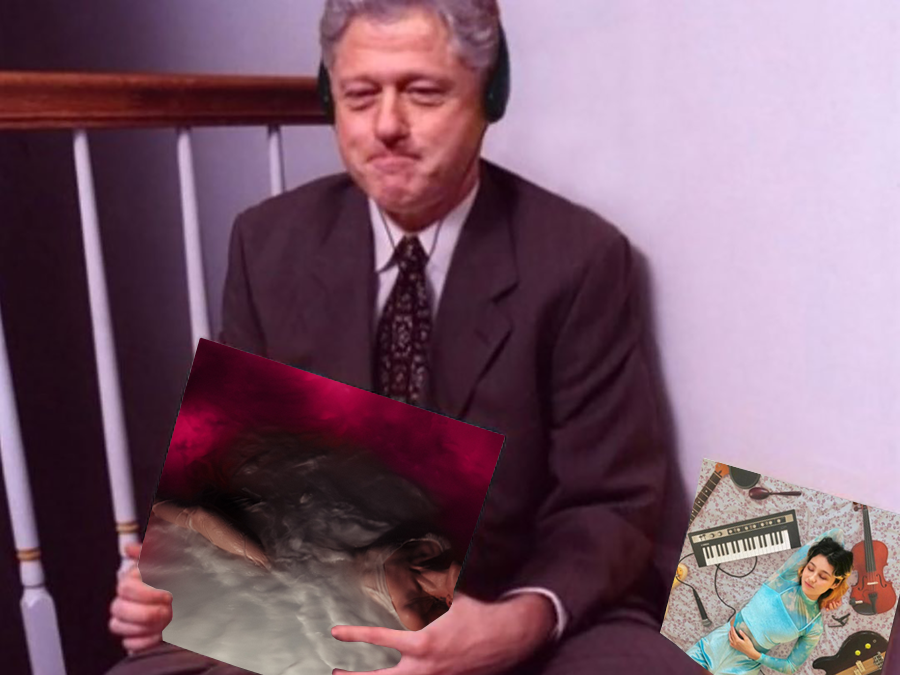
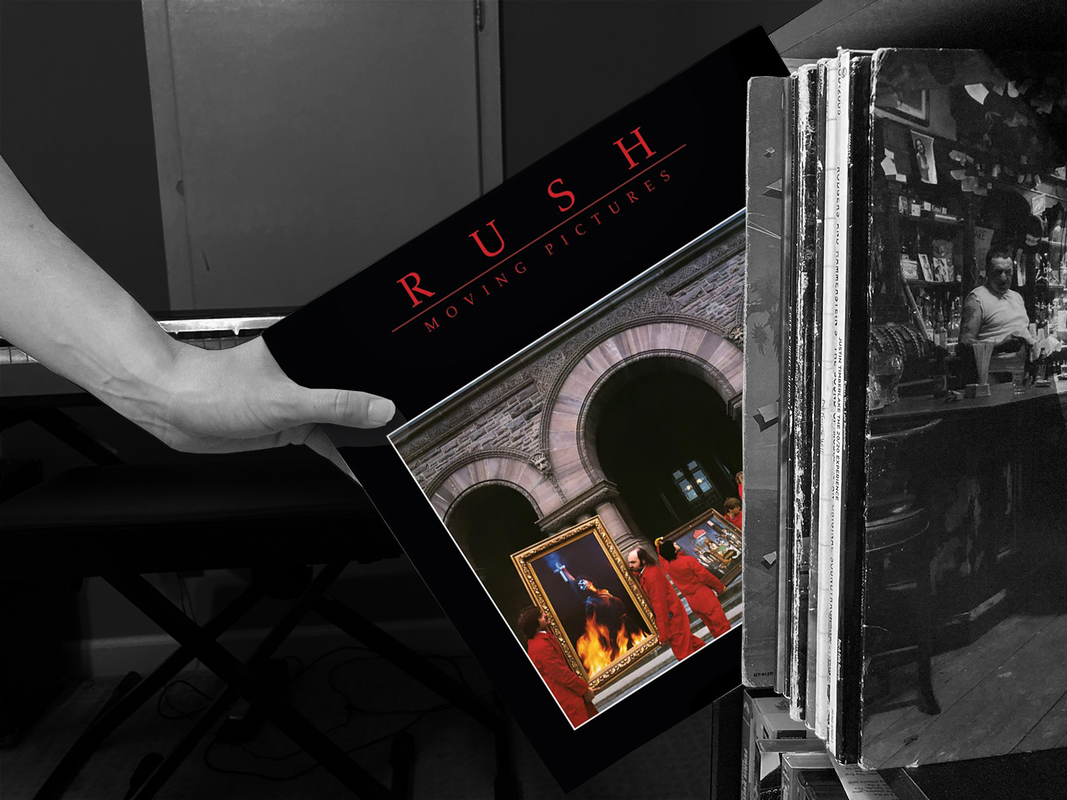
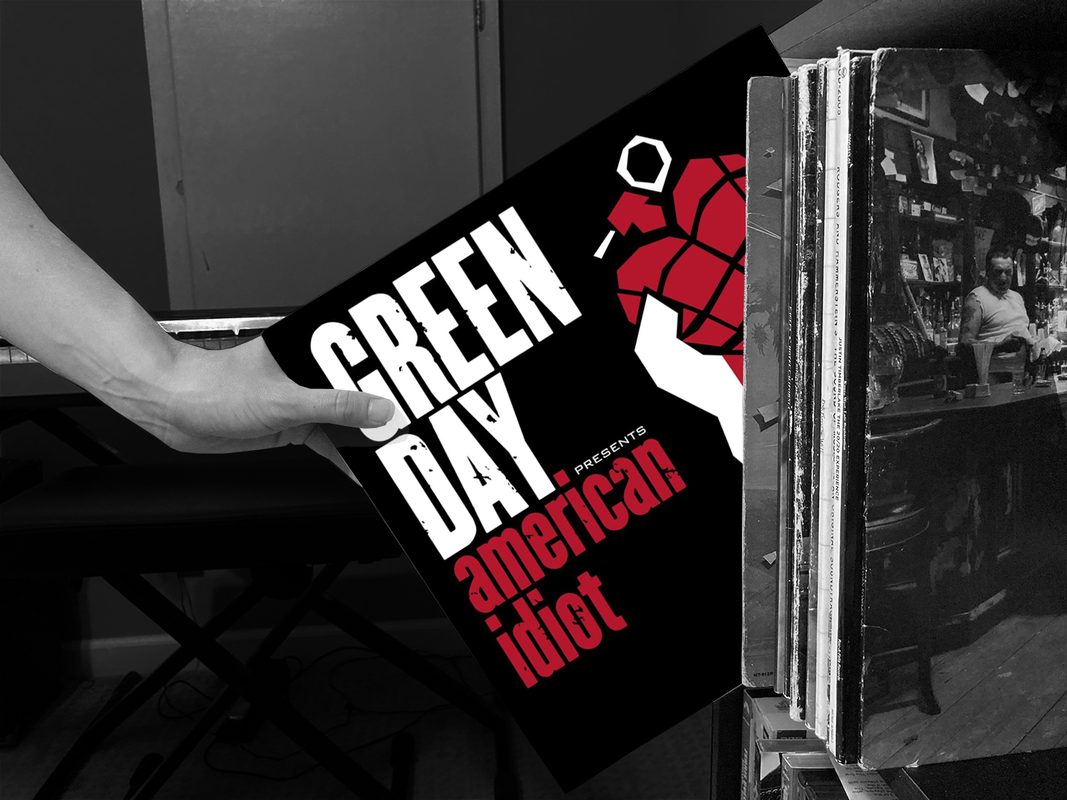
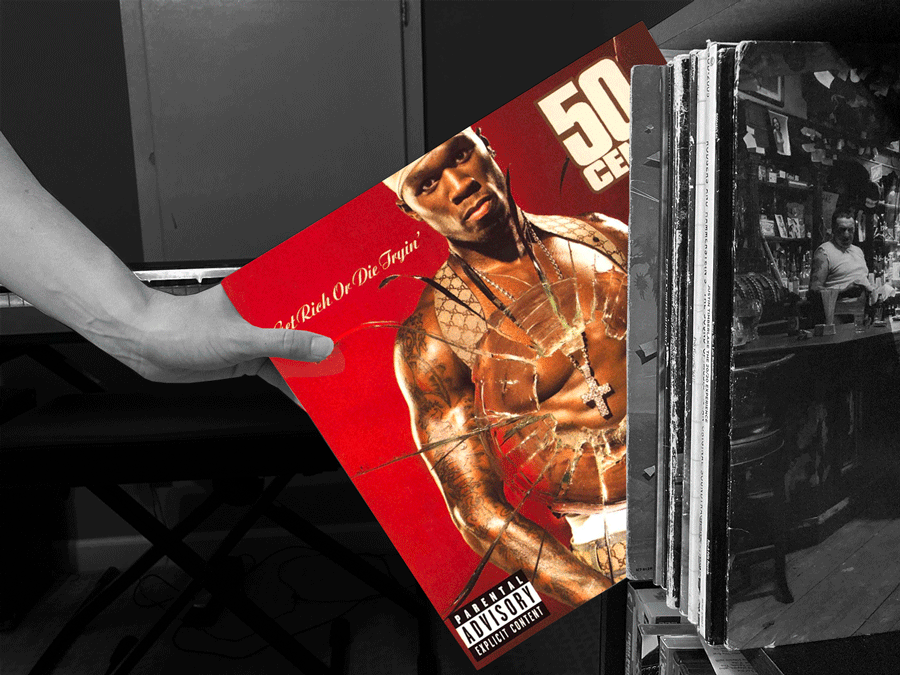
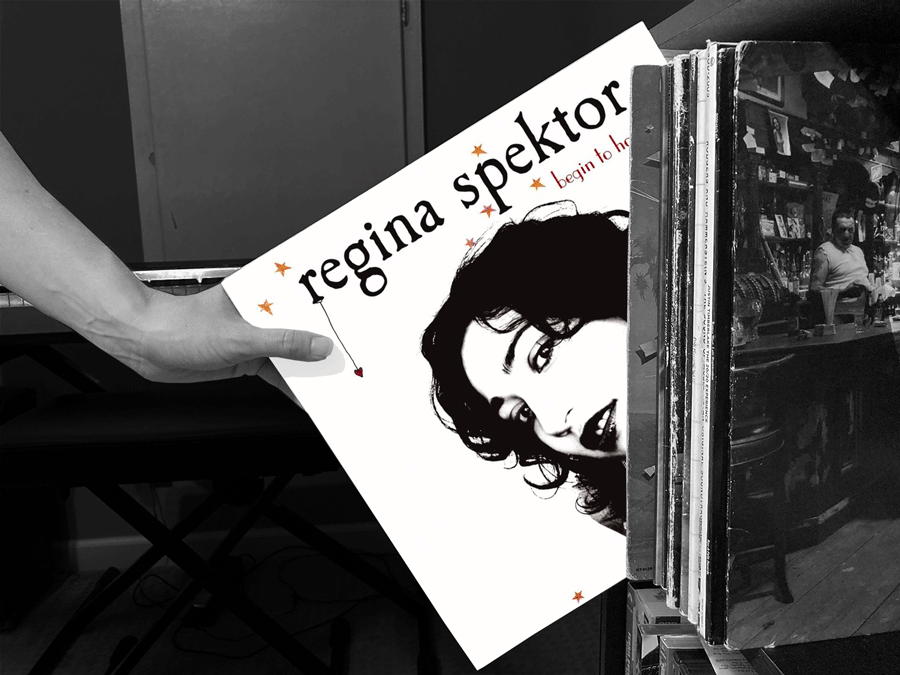

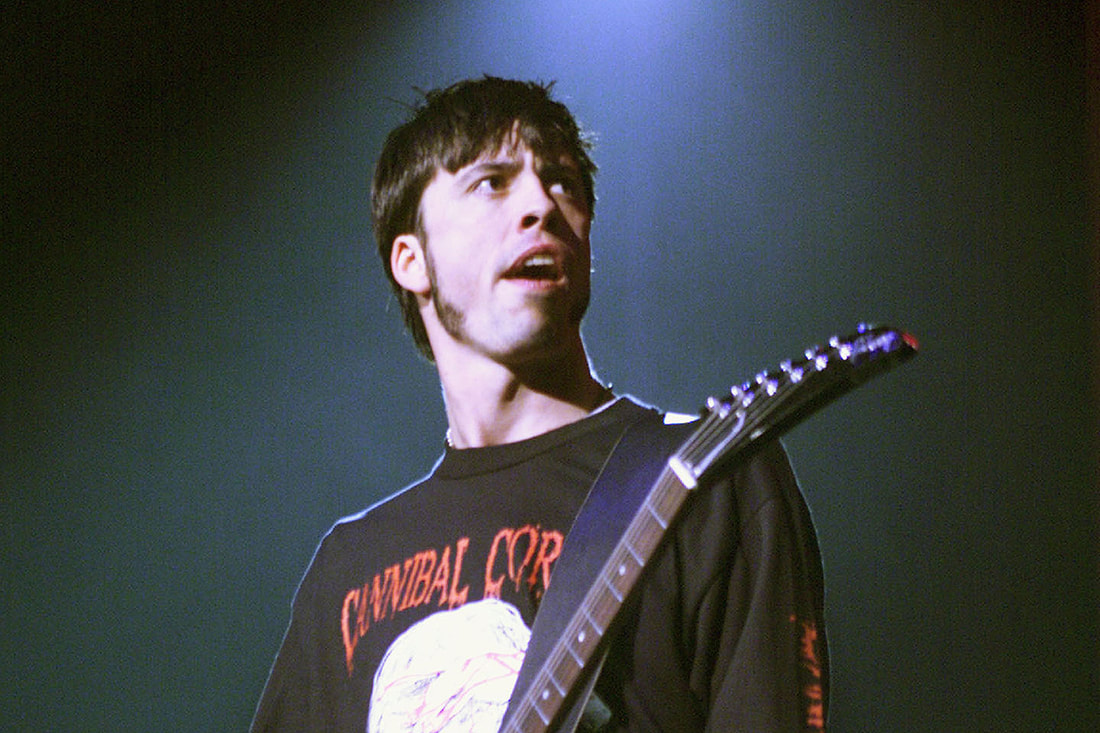
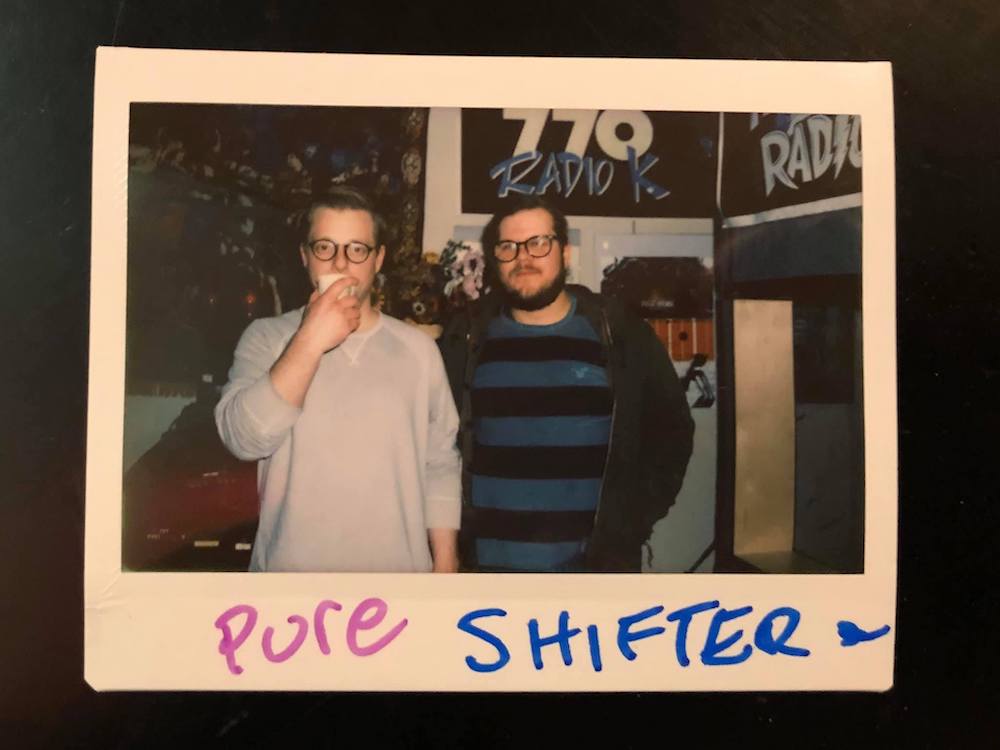
 RSS Feed
RSS Feed